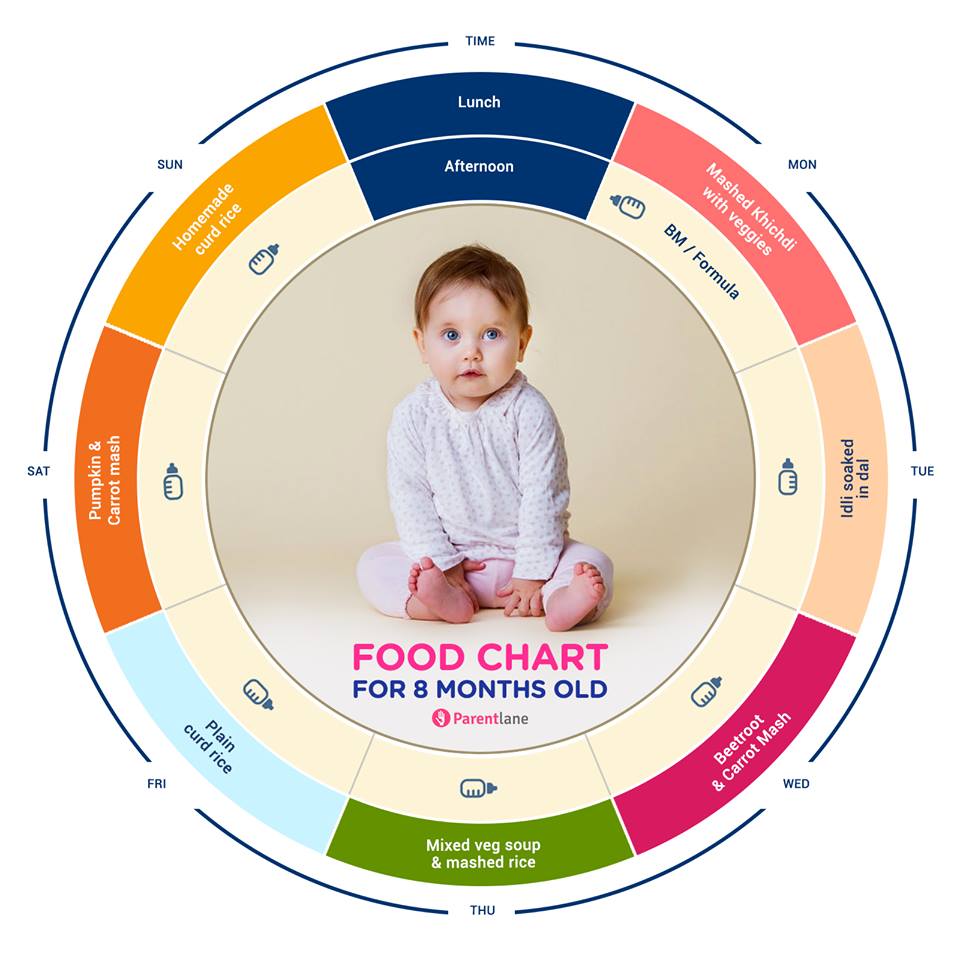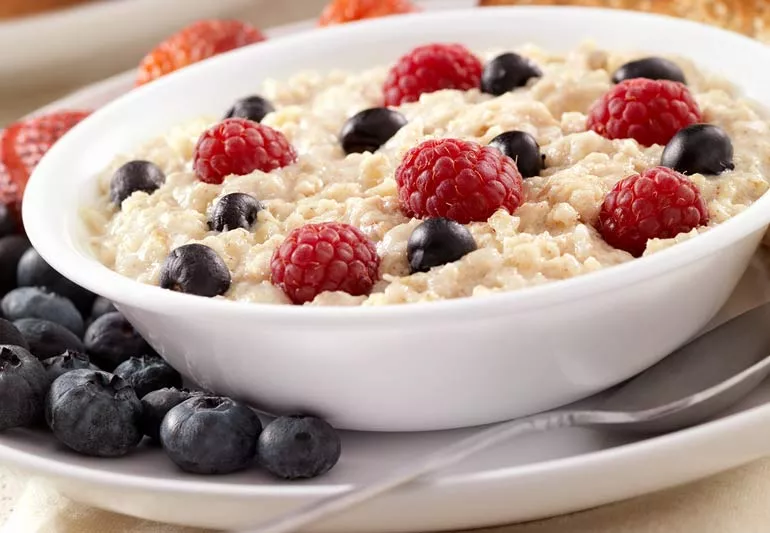A Comprehensive Newborn Baby Diet Chart: A Guide for New Parents

- Krystal Johns
- 25 Jul, 2023
Congratulations on the arrival of your precious bundle of joy! As new parents, one of the most critical aspects of caring for your newborn is ensuring they receive proper nutrition. A well-balanced diet is essential for the healthy growth and development of your baby. In this article, we will provide you with a comprehensive newborn baby diet chart, along with helpful tips and guidelines to support you on this exciting journey of parenthood.
Breastfeeding - The Best Start
Breastfeeding is highly recommended as the primary source of nutrition for your newborn. It not only provides essential nutrients but also strengthens the baby's immune system and fosters a strong emotional bond between mother and child. Aim to initiate breastfeeding within the first hour after birth and feed your baby on demand, whenever they show hunger cues. Generally, newborns feed every 2 to 3 hours, including during the night.
Formula Feeding - A Viable Option
If breastfeeding is not possible or insufficient, commercial infant formulas are a safe alternative. Opt for formulas that are specifically designed for newborns and follow the instructions provided by the manufacturer for preparation and feeding. Always sterilize bottles and nipples before each use to ensure a hygienic feeding experience.
Understanding Hunger Cues
Newborns communicate their hunger through various cues. These cues include rooting (turning their head when their cheek is touched), sucking on their fists or fingers, smacking their lips, and becoming more alert. Responding promptly to these signals will help establish a healthy feeding routine.
Monitoring Baby's Weight
Monitoring your baby's weight gain is an essential aspect of ensuring they are receiving adequate nutrition. During the first few weeks, newborns typically lose some weight, but they should regain it by the end of the first month. Regular check-ups with the pediatrician will help track your baby's growth and development.
Avoiding Solid Foods and Honey
For the first six months, exclusive breastfeeding or formula feeding is sufficient to meet your baby's nutritional needs. Avoid introducing solid foods, cow's milk, or honey until after six months of age. Early introduction of solids may lead to digestive issues and increase the risk of allergies.
Introducing Solid Foods
Around six months of age, you can begin introducing solid foods to complement breast milk or formula. Start with single-grain, iron-fortified cereals like rice or oatmeal. Gradually introduce pureed fruits and vegetables, one at a time, to identify any potential allergies. Offer small amounts initially and watch for your baby's response.
Introducing New Foods and Allergenic Foods
After successfully introducing single-ingredient foods, you can combine different fruits, vegetables, and grains to create a more varied diet. Additionally, it is now safe to introduce allergenic foods such as eggs, peanuts, tree nuts, fish, and shellfish. However, it's essential to introduce these foods one at a time and observe your baby for any adverse reactions.
People are reading this too Effortless Burping: A Guide To Helping Your Newborn Find Comfort
Avoiding Overfeeding
Overfeeding can lead to discomfort and digestive issues for your baby. Pay attention to their hunger cues and allow them to control the amount they consume during each feeding session. Avoid putting pressure on the baby to finish the bottle or the solid food portion.
Staying Hydrated
In addition to breast milk or formula, it's important to ensure your baby stays hydrated. Once you begin introducing solids, offer sips of water from a cup during mealtimes. Avoid giving juice or other sweetened beverages, as they offer little nutritional value and can lead to tooth decay.
Providing the right diet for your newborn is crucial for their healthy growth and development. Breastfeeding is the best option if possible, and if not, commercial infant formulas can provide the necessary nutrients. As your baby grows, introduce solid foods gradually, paying attention to their individual responses and preferences. Remember to monitor their weight gain and consult with a pediatrician regularly to ensure they are thriving. Embrace this wonderful phase of parenthood and cherish the bonding moments during feeding time. Wishing you and your baby all the best on this beautiful journey together!
Leave a Reply
Your email address will not be published. Required fields are marked *
GRLpGpAG
1
GRLpGpAG
1
GRLpGpAG
1
GRLpGpAG
1'"
GRLpGpAG
\
GRLpGpAG
@@A8HG4
GRLpGpAG
JyI=
GRLpGpAG
1
GRLpGpAG
1
GRLpGpAG
ssPnNNVU











